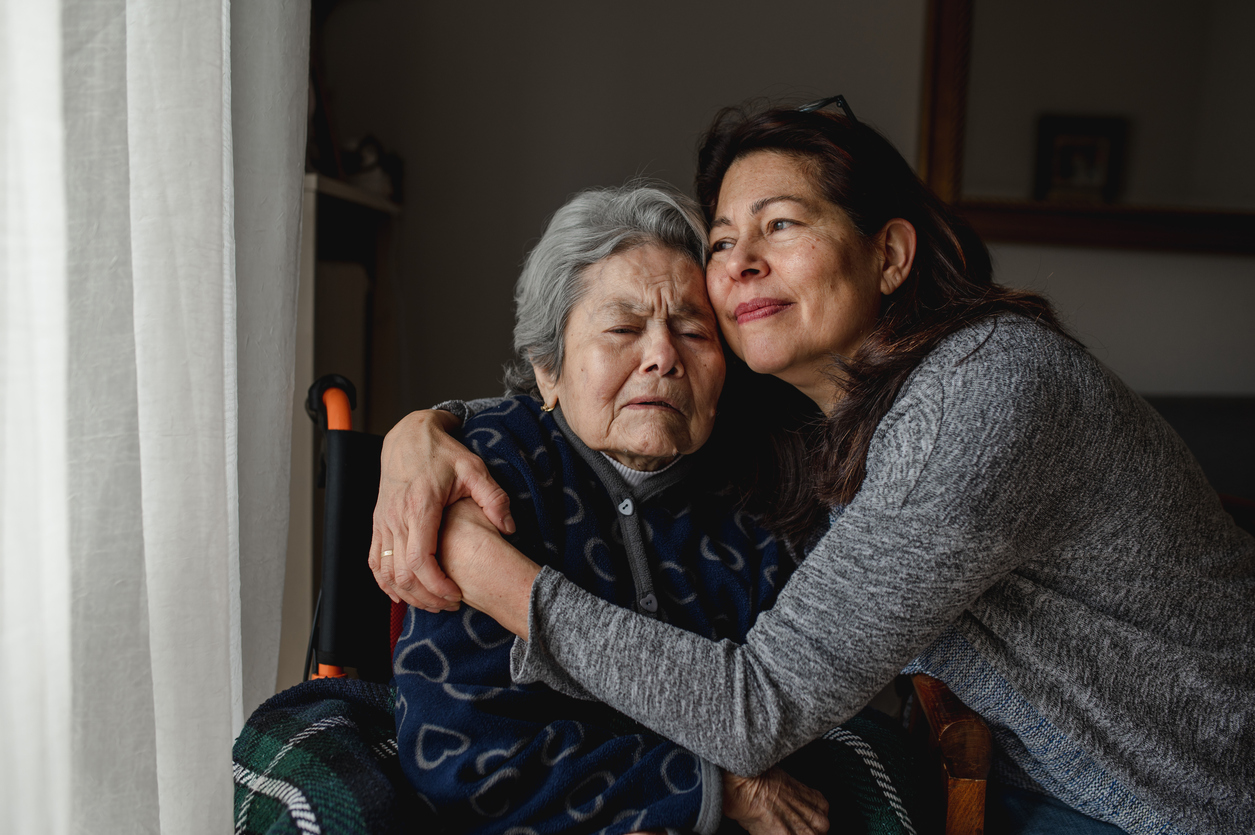One of the hardest things about being an adult is watching your own parents decline physically or mentally. The people to whom you have looked for guidance your whole life may now need help themselves.
Of course, that need may come on gradually—and you may be so accustomed to seeing your parents as the healthy, competent people who raised you that you may not immediately recognize it. What’s more, most people who are accustomed to being independent often resist the loss of that independence. That means that even if your parents have a growing awareness that they need assistance, they may be hesitant to admit it.
That’s why it’s important for you to be alert to signs your aging parents need help—and to know how to provide it.
Being Alert to Signs That Aging Parents Need Help
Indicators that aging parents need help may be subtle. It’s important to pay attention to small signs before something serious, like a fall or other accident, occurs.
Mismanagement of Medications
Seniors may take several different medications; some of them multiple times a day, some once a day, some once a week. It’s easy to become confused about whether a certain medication was taken, leading to skipped doses, or perhaps inadvertent double dosing.
Many pills are small and difficult to see or grasp. If you are visiting an elderly parent and happen to notice a pill on the ground or a table, it may be a dose they tried to take and dropped. A medication box with multiple slots for dates and times can be helpful, as can using technology for seniors to remind a parent when a dose of medication is due.
If you live nearby, you may be able to help your aging parent regularly restock their pill container and ensure they are taking the right doses at the right time. If they still struggle to manage their meds, it might be time for more assistance.
Uncharacteristic Messiness
Some people are tidier than others, and that includes seniors. But if you notice that your aging parent’s home is consistently messier than it has been in the past, it could be a sign of various different problems.
An overflowing trash can may mean that your parent is having physical difficulty taking out the garbage, or is forgetting to do it. Piles of unwashed laundry could likewise indicate physical challenges or forgetfulness. Spoiled food in the fridge may also indicate memory problems, or perhaps depression. Stains on furniture could mean that your parent is experiencing incontinence.
Piles of Unopened Mail
One specific sign that a senior may need help is piles of unopened mail. That may mean they are not keeping up with bills and financial obligations, perhaps because of memory issues or because they are overwhelmed. It may be a good idea to visit regularly and ask if you can go through their mail together.
When you do, be on the lookout for what seem like excessive subscriptions or charitable solicitations. Senior citizens are particularly vulnerable to requests for money and other scams that target older people.
Similarly, multiple past-due notices for bills are a red flag. It could mean that your parent is forgetting to pay their bills, that they are depressed, or that they are struggling financially and don’t have the money to meet their obligations. Whatever the reason, overdue bill notices warrant further investigation.
Poor Hygiene
If your parent has begun exhibiting signs of poor hygiene, it could be a sign of dementia, depression, or mobility problems. Things to be on the lookout for include body odor, smelling of urine or feces, bad breath, stained clothing, unwashed or unkempt hair. Poor hygiene, especially infrequent bathing, insufficient cleaning after using the bathroom, can lead to infection and other health issues.
Another hygiene issue to be aware of is foot care. Many seniors have difficulty trimming their own toenails, which can cause ingrown toenails and discomfort when walking. Cuts or scratches from long nails can also lead to infection. Regular visits to a podiatrist can help keep foot health in control.
Difficulty Driving
It’s important to pay attention when a parent struggles with driving; not only could an accident seriously injure your parent or someone else, problems with driving may also signal underlying health issues. Many seniors struggle with night vision problems. Developing dementia may cause a driver to become confused or disoriented. It’s important not to assume that a difficulty on the road was a one-off; look for patterns.
Driving represents independence and freedom for seniors, so discussions about taking away car keys are especially sensitive. While it’s important to respect your parent’s dignity, it’s even more important to protect their safety and that of others on the road.
Putting Supports in Place When an Aging Parent Needs Help
If you are seeing signs that your aging parents need help at home, an elder law attorney can help you identify ways to put supports in place so that your parent can be both as safe and as independent as possible. You may decide to have your parent live with you, to help them get in-home care, or that it makes more sense for your parent to enter assisted living or a nursing home. An elder law attorney can also assist your parent with estate planning and incapacity planning.
To learn more about how to support an aging parent, contact us today. Our elder law team can help you explore your options and connect you with resources to help your parent live their best, and healthiest, life.




